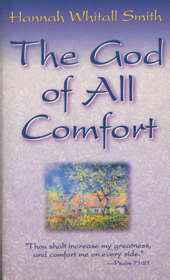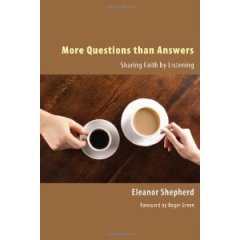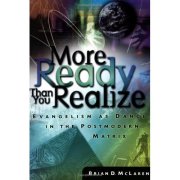 The Kidney Donor’s Journey, by Ari Sytner (Sytner Publishing House, 2016)
The Kidney Donor’s Journey, by Ari Sytner (Sytner Publishing House, 2016)
When Ari Sytner wanted to learn about live kidney donation, most of the resources he found were medical, and the connections he made often wanted his contact information… way before he was ready to take that step. Persistent and patient research over time did answer his questions and help him and his family to make the decision to donate one of his kidneys to a total stranger, but he knew there should be an easier way.
The Kidney Donor’s Journey is a safe, commitment-free way to learn more about what’s involved physically, medically, and morally. The author emphasizes that, as much as he encourages people to consider live kidney donation, this book isn’t about convincing readers. It’s about sharing the information and starting the thought processes necessary for an informed choice.
Kidney donors tend to be reluctant to discuss what they’ve done, because some sacrifices are best kept private. Nonetheless, Ari Sytner chose to share his story with the goal of raising awareness of the opportunity to save another person’s life (and by so doing to impact that person’s family).
This book is subtitled “100 Questions I Asked Before Donating My Kidney,” although the author laughingly admits that he didn’t really ask if he could get pregnant afterward. That question’s included for women who are investigating the prospect.
Chapters address specific topics, from what prompted Rabbi Sytner to start his journey, to the screening process, to how to tell the various people in one’s life that one’s considering such a thing, and on to the surgery, recovery, and future life.
The Kidney Donor’s Journey is written in a gentle, easy-to-read style, carefully worded for clarity. It’s an approachable resource that tells one man’s story in a way that allows others to discover if they want to go further in the process. Even if they decide against donation, they’ll be better informed on the subject and can share what they’ve learned with those around them.
The book is based on the author’s experience in the US health-care system, so readers around the world will find differences in their local opportunities. Even within the US, there will be differences between states. More personal investigation would be needed anyway, for the reader who wants to go ahead with kidney donation. As the author points out, he’s not a doctor or a lawyer or other official expert. He’s just giving us the layperson’s insider view of his own story.
The back cover of the book tells us that “Ari Sytner is a serial optimist. He is a rabbi, social worker, therapist, inspirational speaker, Huffington Post contributor, blogger, CEO, organizational strategist, consultant and proud kidney donor.” For more about the author, visit asytner.com, and stop by his blog.
[Review copy provided by the author.]







 More Ready Than You Realize
More Ready Than You Realize